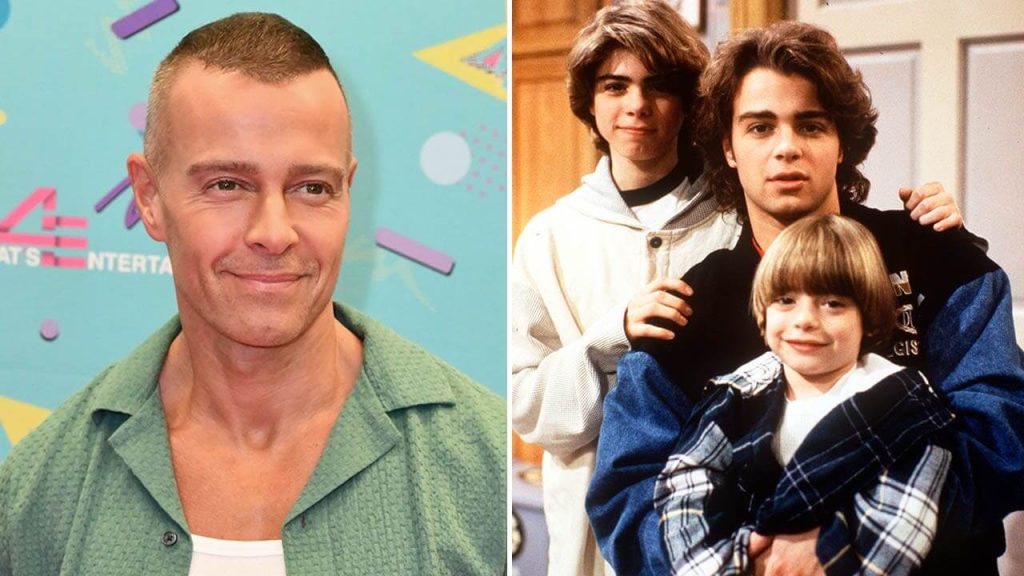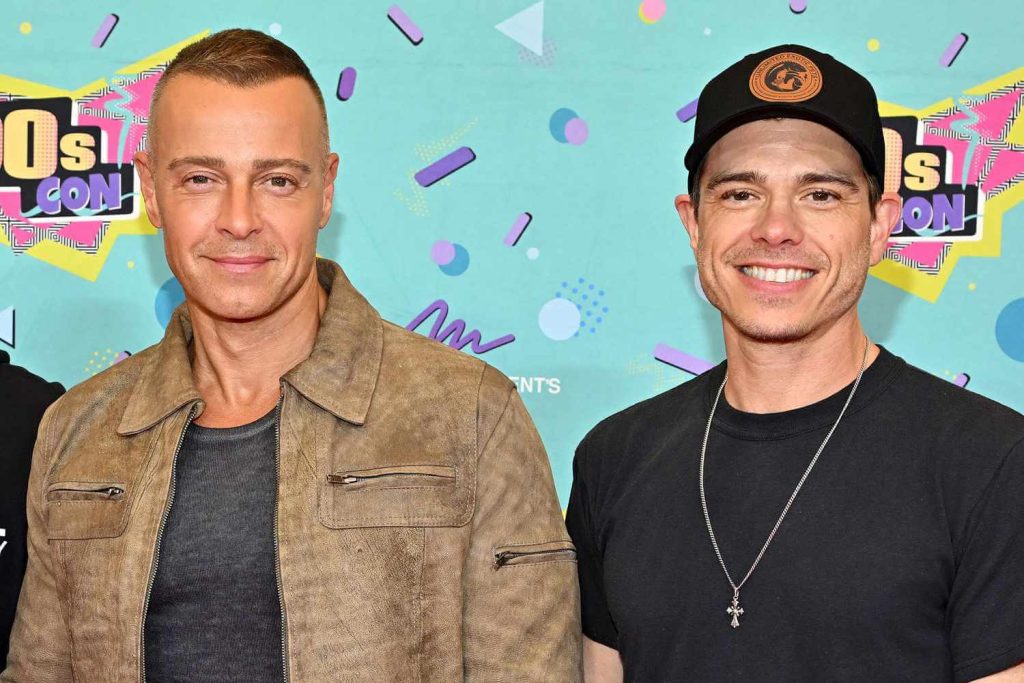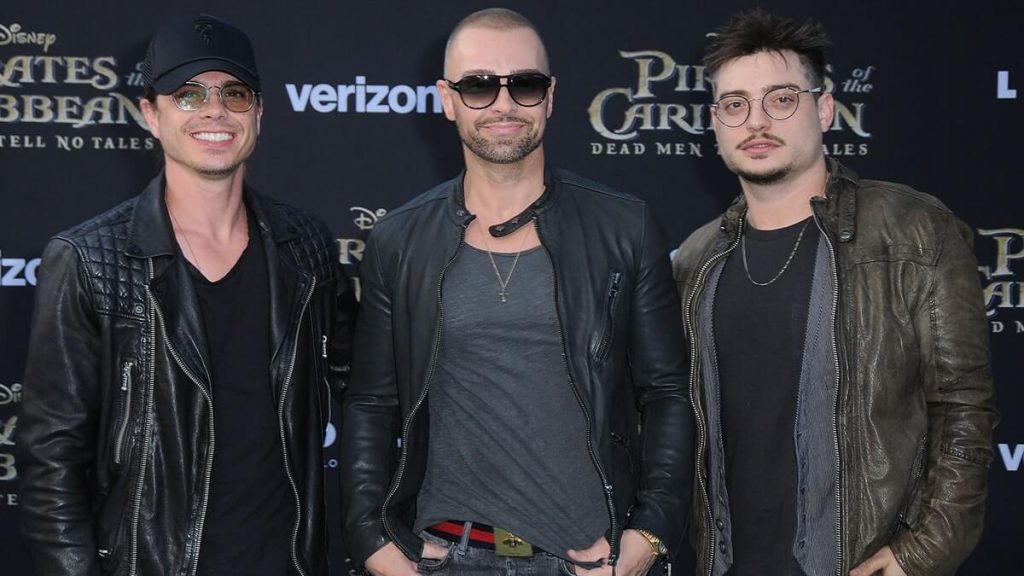World News
From Mignogna to Lawrence: The Regret Behind a Hollywood Name Change
The Origins of a Name Change
In the competitive world of 1980s Hollywood, Joey Lawrence—then known as Joseph Lawrence Mignogna—was advised to change his surname. Industry professionals told him that his Italian surname was “too hard to pronounce” and wouldn’t be memorable for American audiences. In a time where marketability trumped heritage, he followed the advice and adopted “Lawrence,” his middle name, as his professional last name.
As Joey’s star began to rise, it made sense for his younger brothers, Matthew and Andrew, to follow the same path when they entered the business. By aligning under one professional name, they could build a recognizable family brand in entertainment. It was a decision rooted in strategy and the industry standards of the time—yet one that would carry emotional and logistical consequences for decades to come.

Early Benefits: Brand Identity and Privacy
In the short term, the name change worked. As young actors in an industry that demanded accessibility, the “Lawrence” brand took off. Joey became a teen idol, Matthew landed popular roles in series like Boy Meets World, and Andrew built a steady career in both live-action and voice acting. The surname provided a clean, cohesive identity that helped them thrive in the spotlight.
There was also a privacy benefit. In the pre-internet era, adopting a stage name offered a layer of separation between public fame and private life. Their real surname, Mignogna, wasn’t associated with their screen personas, which gave the brothers a small measure of anonymity in their day-to-day lives. For their parents, this was seen as a protective measure, especially during their sons’ formative years in Hollywood.
Dual Identities, Real-Life Hassles
Over time, however, what once felt like a helpful decision began to feel like a burden. The brothers had to juggle two identities: their legal names and their famous stage names. This duality led to confusion, particularly in legal and professional contexts. Andrew admitted it was a constant inconvenience, especially when it came to proving identity in official documents.
Matthew faced even more serious challenges, particularly when traveling. He recalled being detained at customs because his passport listed his birth name, while his public records and professional documents referred to him as Matt Lawrence. These issues even extended to taxes and financial records, complicating matters that should have been simple. The stage name, which was once a tool for success, had become an administrative headache.

Rethinking the Decision in a New Era
Today, the Lawrence brothers openly reflect on their name change with mixed feelings—and a fair amount of regret. They recognize that cultural representation in media has evolved. What was once considered “unpronounceable” is now embraced, and authenticity is valued more than forced conformity. Joey noted that if they were starting out today, they likely would have kept their original surname, Mignogna.
Their reflections point to a growing awareness in Hollywood that representation matters. Unique names aren’t barriers anymore; they’re celebrated as part of a performer’s identity. Looking back, the brothers see their decision as a product of a different time—one in which they felt pressure to fit into a narrow mold. But that doesn’t erase their connection to their roots, which they now proudly acknowledge.
Lessons for the Industry and Future Performers
The Lawrence brothers’ experience sheds light on a larger pattern in the entertainment world. For decades, actors, musicians, and entertainers have felt compelled to modify their names to appear more marketable, palatable, or “mainstream.” While these changes may provide early advantages, they can create lasting challenges and internal conflicts over identity.
Their story serves as a cautionary tale and a conversation starter. In today’s more inclusive entertainment environment, authenticity and cultural heritage are becoming central to an artist’s brand. For rising stars debating whether to adopt a stage name, the Lawrence brothers’ journey offers valuable insight: the name you were born with holds power—and perhaps, in the long run, even more than the one chosen for fame.
From thedragonfashion


